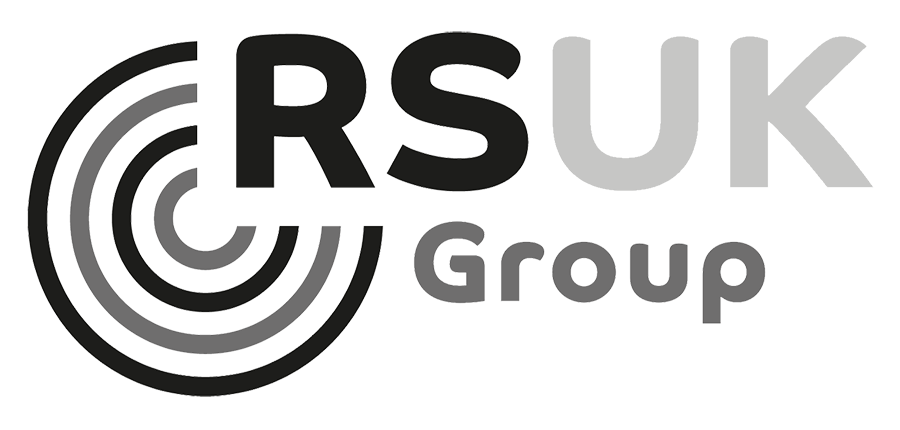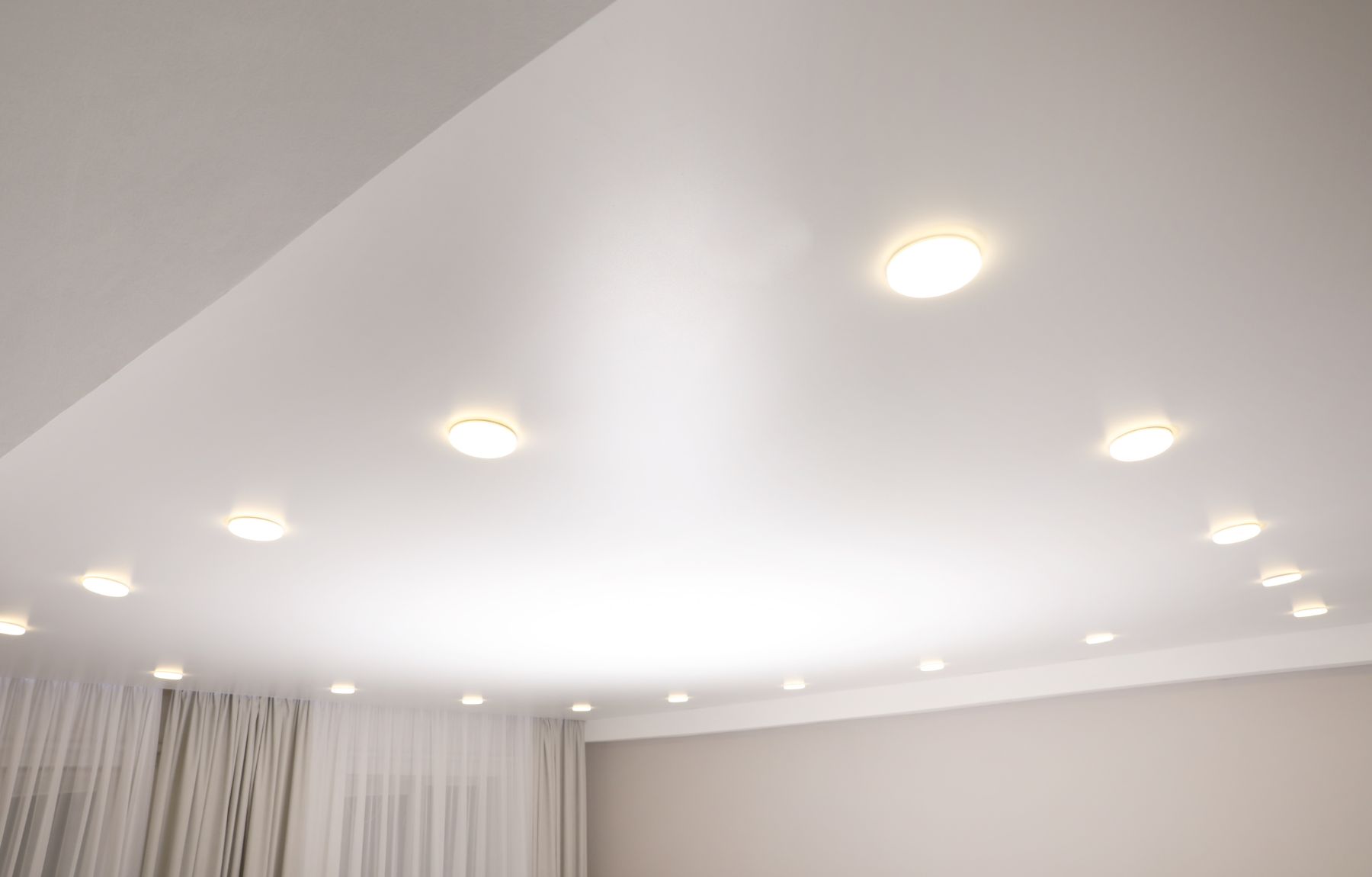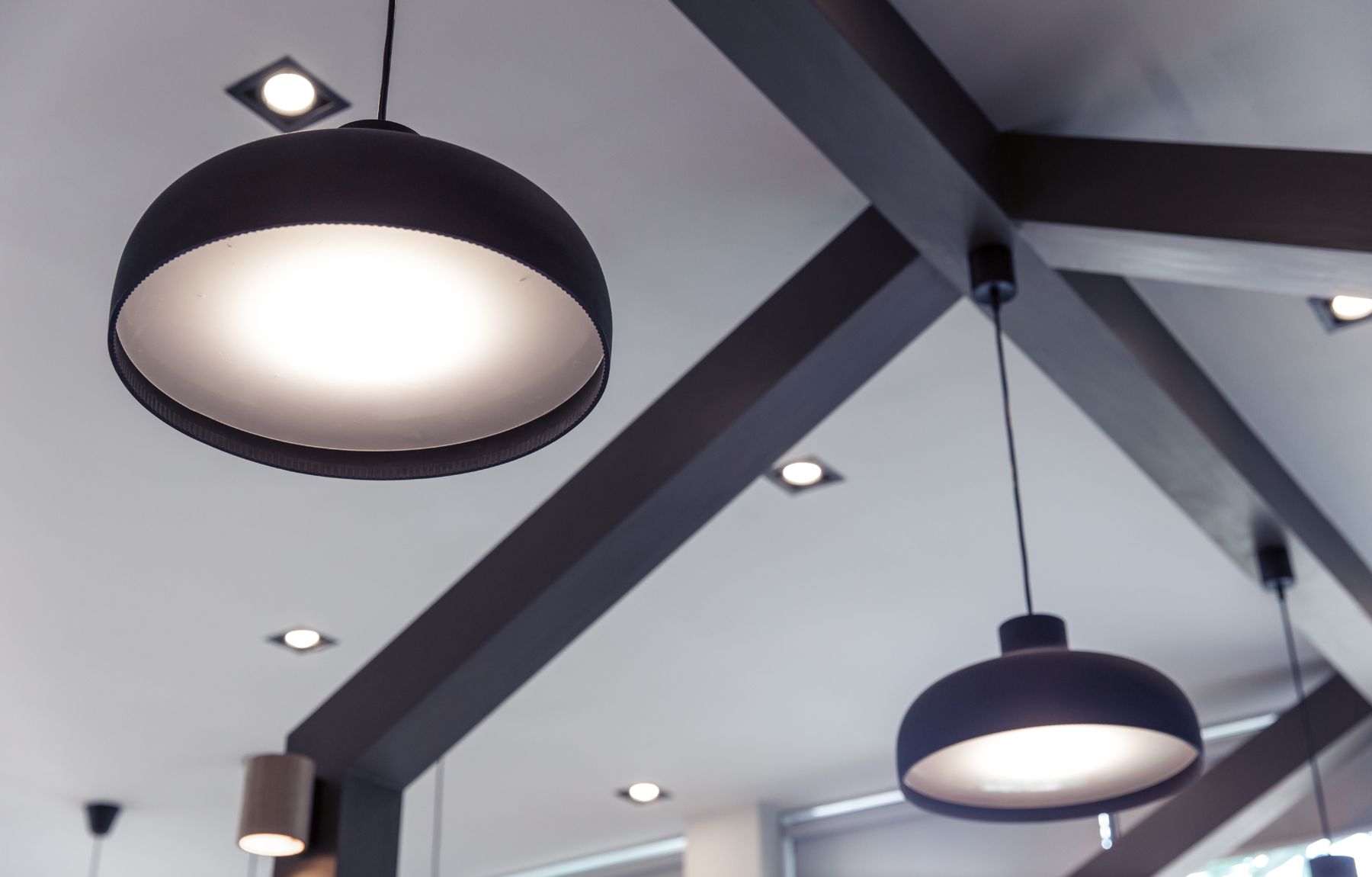The Dangers of DIY Electrical Work and What You Need to Know
DIY projects can be a great way to save money and take pride in your home improvements. However, when it comes to electrical work, attempting to do it yourself can be extremely dangerous. In this blog, we’ll explore the risks of DIY electrical work, why it should be left to professionals, and what you need to know about electrical safety laws in the UK.
Why DIY Electrical Work Is Dangerous
Electrical work is not like painting a wall or putting up shelves. It involves working with high-voltage electricity, which, if handled incorrectly, can lead to serious injuries or even death. Here are some of the main dangers:
1. Risk of Electric Shock
One of the most immediate dangers of DIY electrical work is the risk of electric shock. Even a minor mistake, such as touching the wrong wire, can result in a severe shock, burns, or cardiac arrest. Electrical currents as low as 50 volts can be lethal if they pass through the heart.
Many people mistakenly assume that if a wire doesn’t spark, it isn’t live. However, electricity is not always visible, and you may not realise a circuit is still active until it’s too late. Professional electricians use specialised tools like voltage testers to ensure wires are safe to touch before beginning any work.
2. Fire Hazards
Poorly installed or faulty electrical wiring is one of the leading causes of house fires. Overloaded circuits, improper connections, or exposed wires can all create fire hazards that put your home and family at risk. In the UK, thousands of domestic fires are caused by electrical faults each year, many of which could have been prevented by professional installation.
3. Code Violations and Legal Issues
In the UK, electrical work must comply with Part P of the Building Regulations. If you carry out electrical work without the necessary qualifications, you could be violating the law, which may lead to fines or being forced to remove unsafe work. Unapproved electrical work can also make it difficult to sell your home, as buyers and surveyors will require proof that electrical systems are legally compliant.
If you’re considering electrical work as part of home renovations or before selling a property, you should also be aware of the importance of obtaining an Electrical Installation Condition Report (EICR). This report assesses the safety of your electrical system and is often required by mortgage lenders or potential buyers.
Read our recent blog that provides homeowners and home buyers with more information about the importance of having an up-to-date Electrical Installation Condition Report.
4. Hidden Faults That Lead to Bigger Problems
Even if your DIY electrical work seems to function correctly, hidden faults can develop over time. Loose connections, poor insulation, and improper earthing can lead to issues that may not be noticeable until they cause serious damage. Faulty wiring can also cause intermittent electrical faults, flickering lights, or appliances cutting out unexpectedly, which may seem minor at first but indicate a serious underlying issue.
5. Insurance and Liability Risks
If faulty DIY electrical work leads to a fire or property damage, your home insurance may refuse to cover the costs. Most policies require that electrical work be carried out by a qualified electrician. Additionally, if someone is injured due to your DIY electrical work, you could be held legally responsible, leading to potential claims and financial liability.
Common DIY Electrical Mistakes
Even well-meaning DIYers can make mistakes when dealing with electrical systems. Here are some of the most common errors we see:
- Incorrect Wiring Connections
Mixing up live, neutral, and earth wires can cause appliances to malfunction or become hazardous. - Overloading Circuits
Adding too many outlets or devices to a circuit without proper calculations can lead to overheating and fires. - Failing to Properly Secure Wires
Loose wiring can lead to arcing, which is a major fire hazard. - Using the Wrong Electrical Components
Mismatched cables, sockets, or fuses can result in electrical failures or increased risk of shock. - Ignoring Safety Precautions
Working on live wires without isolating the power supply can result in serious injury.
Why You Should Hire a Professional, Qualified Electrician
While hiring a qualified electrician may seem like an additional expense, it is an investment in safety and compliance and here’s why it’s worth it:
1. Safety First
Professional and qualified electricians have the training and experience to carry out electrical work safely. They understand how to handle high-voltage electricity and follow proper procedures to minimise risks.
2. Compliance with UK Regulations
A qualified electrician ensures that all work meets UK electrical safety standards, including Part P regulations. This is essential for legal compliance and future property sales.
3. Long-Term Cost Savings
Faulty electrical work can lead to expensive repairs or even property damage. Hiring a professional ensures that the job is done correctly the first time, preventing costly issues down the line. Poor DIY electrical work can end up costing more than hiring an electrician in the first place.
4. Certification and Warranty
Qualified electricians provide certifications and documentation that proves your electrical work has been completed safely. This is important for home insurance and selling your property.
What Electrical Work Can You Legally Do Yourself?
While most electrical work should be left to professionals, there are minor tasks homeowners can legally carry out, such as:
- Replacing light bulbs and fuses
- Changing a damaged plug
- Installing or replacing light fittings (if the circuit is not altered)
- Replacing socket or switch faceplates (without modifying the wiring)
However, any work that involves installing new circuits, fuse boxes, or rewiring parts of a home must be completed by a qualified electrician and may require notification to Building Control.
What to Do If You’ve Done DIY Electrical Work
If you’ve already attempted DIY electrical work, it’s crucial to have it inspected by a qualified electrician. A professional can assess whether the work is safe and compliant with regulations. If necessary, they can correct any mistakes before they lead to serious problems.
Finding a Qualified Electrician in Grimsby
If you need electrical work done in your home or business, it’s best to hire a local, reputable electrician and we recommend you look for:
- NAPIT certification ensures compliance with UK safety standards)
- Positive customer reviews on platforms such as Google
- Clear pricing and guarantees
- Experience in domestic and commercial electrical work
As a local electrician and electrical contractor in Grimsby, North East Lincolnshire, we offer a comprehensive range of electrical services to meet the diverse needs of our clients.
For homeowners, we specialise in domestic electrical services such as rewiring, lighting upgrades, and the installation of electric vehicle (EV) charging points. Whether you’re renovating your home or simply upgrading outdated systems, our team ensures the work is completed to the highest standards.
We also cater to businesses in the area via our commercial electrical division. Our commercial electrical services include full electrical installations, shop and office fitouts, landlord electrical safety certificates (EICR Testing) regular maintenance, and alterations and upgrades to ensure safety and compliance. We understand the importance of reliable electrical systems for business operations and work efficiently to minimise downtime.
Conclusion
DIY electrical work may seem like a way to save money, but the risks far outweigh the benefits. From electric shocks to fire hazards and legal issues, attempting electrical work yourself can have serious consequences. Always hire a qualified electrician to ensure the job is done safely and legally.
At RSUK Electrical, part of the multi-award-winning RSUK Group, we pride ourselves on being a trusted provider of electrical services in Grimsby and North East Lincolnshire. Our team of qualified electricians is committed to delivering superior work and exceptional customer service on every project.
If you need professional electrical services contact us today on 01472 867820 or complete the enquiry form below to get a quote from a team of trusted and qualified electricians in Grimsby, North East Lincolnshire.








